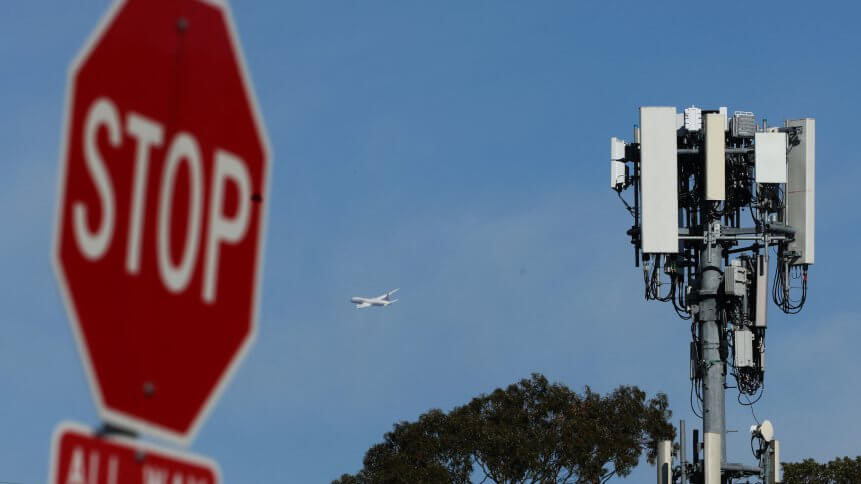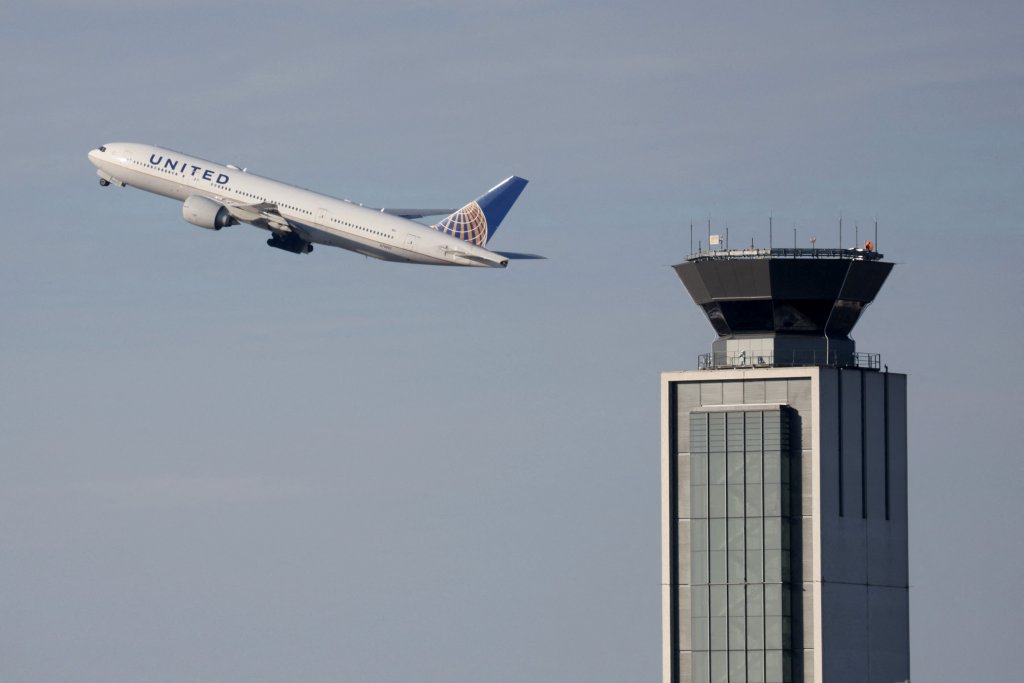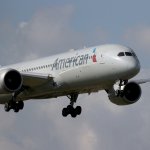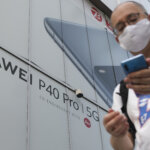AT&T, Verizon to delay 5G at airports amidst “catastrophic” safety concern

- Verizon and 5G have agreed to partially delay 5G rollouts in the US
- The FAA has warned that potential 5G interference could affect height readings that play a key role in bad-weather landings on some jets
- Airlines scramble to suspend flights or change aircraft to avoid a “catastrophic disruption”
It seems that Verizon and AT&T’s 5G deployment will be partially delayed after an outcry from US airlines and aviation regulators. Both telco companies were scheduled to launch 5G networks on January 19, but will now focus on activating 5G networks in areas away from airports.
The latest delay comes one day after the chief executives of the largest airlines in the United States warned of a “catastrophic disruption” to travel and shipping operations if the rollout went ahead as planned.
According to Reuters, the Federal Aviation Administration (FAA) has warned that potential 5G interference could affect height readings that play a key role in bad-weather landings on some jets, and airlines are saying the Boeing 777 is among models initially in the spotlight.
As such, several international airlines had already scrambled to suspend flights to several destinations in the US from January 19 until further notice, due to concerns over the 5G network deployment. Among them is Emirates Airlines, the world’s largest Boeing 777 operator, which has canceled flights to nine major American cities.
Several other airlines including ANA, JAL, Korean Airlines, Air India, and British Airways were also reported to be changing their aircraft for their flights to the US cities as a precautionary measure as well.
Meanwhile, industry sources told Reuters that Boeing had issued technical advisories noting potential interference. They also said that flight restrictions are in the hands of the FAA, which has for now limited operations at key airports, unless airlines qualify for special approvals.

An aircraft takes off from O’Hare International Airport on January 18, 2022 in Chicago, Illinois. Major airlines have expressed concern that 5G wireless service, set to go into service this week, could wreak havoc on aircraft electronics. (Photo by SCOTT OLSON / GETTY IMAGES NORTH AMERICA / Getty Images via AFP)
5G delay inevitable for Verizon and AT&T
The measures announced by AT&T and Verizon are expected to prevent the worst problems. However, aviation industry insiders expect there could still be some flight cancelations and other impacts in the coming days.
AT&T described its latest delay as voluntary and temporary, with a spokesperson saying it is working with the airline industry and the Federal Aviation Administration (FAA) “to provide further information about our 5G deployment since they have not utilized the two years they’ve had to responsibly plan for this deployment.”
“We are launching our advanced 5G services everywhere else as planned with the temporary exception of this limited number of towers.”
A Verizon spokesperson said the company would begin 5G service on January 19th for some 90 million Americans, but the firm has “voluntarily decided to limit our 5G network around airports.”
“The Federal Aviation Administration and our nation’s airlines have not been able to fully resolve to navigate 5G around airports, despite it being safe and fully operational in more than 40 other countries,” the spokesperson said.
The announcements were welcomed by President Joe Biden, who said in a statement the deal would “avoid potentially devastating disruptions to passenger travel, cargo operations, and our economic recovery while allowing more than 90% of wireless tower deployment to occur as scheduled.”
Federal Communications Commission Chairwoman Jessica Rosenworcel welcomed the agreement, adding that 5G can safely coexist with the US aviation industry “just as it does in other countries around the world.”
“The FAA has a process in place to assess altimeter performance in the 5G environment and resolve any remaining concerns,” she said in a statement. “It is essential that the FAA now complete this process with both care and speed.”
Airlines for America, a Washington lobby representing carriers, said it had not seen details of AT&T and Verizon’s plans but that the “pause provides the opportunity to ensure all stakeholders, consumers, and the US economy are served in the long run.”
Verizon and AT&T have already twice delayed the launch of their new C-Band 5G service due to warnings from airlines and aircraft manufacturers concerned that the new system might interfere with plane altimeters, used to measure altitude.
With additional reporting from Agence France-Presse










